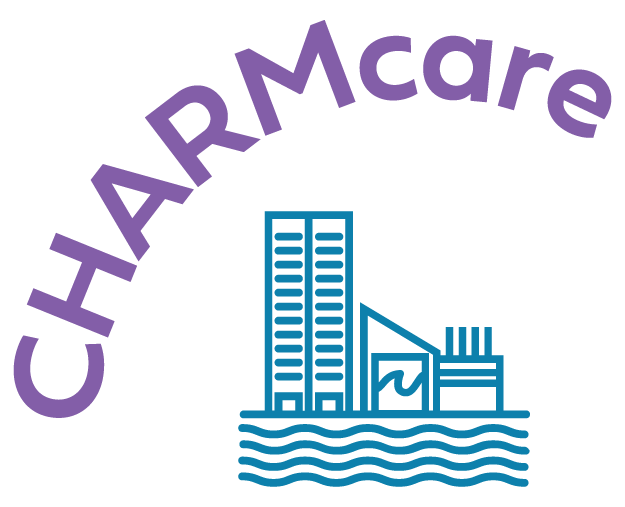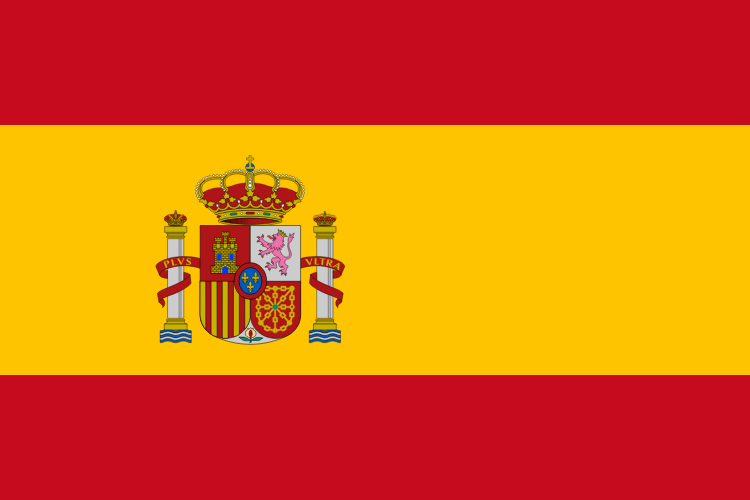Maryland Center for Veterans Education and Training (MCVET)
ABOUT
This program helps veterans who want to stop using drugs or alcohol.
People We Serve
All veterans, no matter their discharge status or VA health care.
Phone
(410) 576-9626 voiceLocation
301 North High StreetBaltimore, MD 21202
Services
- Transitional Housing
- Drop in Facility
- Health Care
- Substance Use Disorder/Mental Health
- Intensive Outpatient Program/Outpatient Program (IOP/OP)
- Education/Employment Services
- Single Room Occupancy (SRO)
- Case Management
- Emergency Housing
Website
www.mcvet.org/
info@mcvet.org
General Information
This program helps veterans by giving them housing, job training, mental health care, and other support.
Veterans must finish a detox program before they can join.
Open 24/7 with office hours from 9:00 AM to 5:00 PM.
Click here for admissions.
Services
Transitional Housing
About
The Transitional Housing Program gives veterans a safe place to stay for up to two years while they work on getting a job and a permanent home.
It has 120 beds. While living there, veterans can start job training, look for work, or work on other goals.
A case manager will help each person stay on track. Most people stay for 18 to 24 months.
Eligibility:
You must finish the Emergency Shelter Program before joining this program.Service Categories
Drop in Facility
About
The Day-Drop gives homeless veterans a safe and calm place to go during the day.
Veterans can take a shower, get clothes, rest, and talk to someone if they need help. Water and vending machines are also available.
The building can hold up to 50 people at a time.
Health Care
About
Many veterans at MCVET deal with mental health issues like PTSD, substance use, and family problems.
MCVET helps by connecting them with mental health care through Veterans Affairs.
All residents can get health care. There is an on-site vision clinic, and serious health needs are sent to Veterans Affairs or a private doctor.
Service Categories
Substance Use Disorder/Mental Health
About
First 60 Days: You get a case manager and go to daily addiction recovery classes. You also meet with a counselor for help with PTSD, substance use, and family problems. A benefits counselor helps you with VA services.
After 60 Days: You may move into the Transitional Housing Program. You must attend life skills and substance use classes, go to support meetings, and work with your case manager on a plan called an Individual Service Strategy (ISS).
The ISS is your personal plan for school, work, and housing. It also helps you stay drug-free.
Intensive Outpatient Program/Outpatient Program (IOP/OP)
About
This program helps people stay free from alcohol and drugs.
You will work with a counselor to make a treatment plan that fits your needs.
IOP: Group meetings 4 times a week for 12 weeks
OP: Group meetings 3 times a week for 6 weeks
You will get a certificate when you finish the program.
Phone
(410) 576-9626 x 215 voiceFees:
Most major insurance plans are accepted.Education/Employment Services
About
The Education, Training, and Employment (ETE) program helps veterans get job training, go to school, and find better jobs.
First, staff do an assessment to see what help you need. Then you are enrolled in a training or education program. A coordinator checks on your progress.
After training, you get help finding a job. This includes job search support, workshops, resume help, and interview practice.
Click here to learn more.
Service Categories
Single Room Occupancy (SRO)
About
The Single Room Occupancy (SRO) Program gives veterans a safe, long-term place to live.
Each person gets their own room in a drug-free and secure building.
This housing is on-site, does not require case management, and is based on income. Veterans in other MCVET programs and those from outside can apply.
It also connects with shelter and job programs to give extra support if needed.
Service Categories
Case Management
(Counseling)About
During the first 60 days, each veteran meets with a case manager and goes to daily addiction recovery classes.
They get one-on-one counseling and help with problems like PTSD, substance use, or family issues. A benefits counselor helps with VA services.
Veterans also get help with:
* Budgeting and money planning
* Jobs and school
* Rides to appointments
* Food and nutrition
* Finding doctors or mental health care
* Clothing and household needs
* Applying for benefits
Before joining, a case manager checks to see if the person is a veteran and does not have stable housing. If accepted, they may be referred to the VA for health care.
How to Apply:
A case manager checks to see if you are homeless and if you are a veteran. If you are accepted, you will be sent to Veterans Affairs for health and mental health care.Emergency Housing
About
The Emergency Housing Program is the first step for veterans joining MCVET.
It has 50 beds and offers a place to stay for at least 13 weeks.
You are assigned a case manager to help you make a plan for housing, work, and school. You also meet with a benefits counselor to get help with VA claims, IDs, and other important documents.
Job help is available, including resume writing, job searches, and training.
MCVET also offers group and one-on-one counseling for mental health and addiction.







